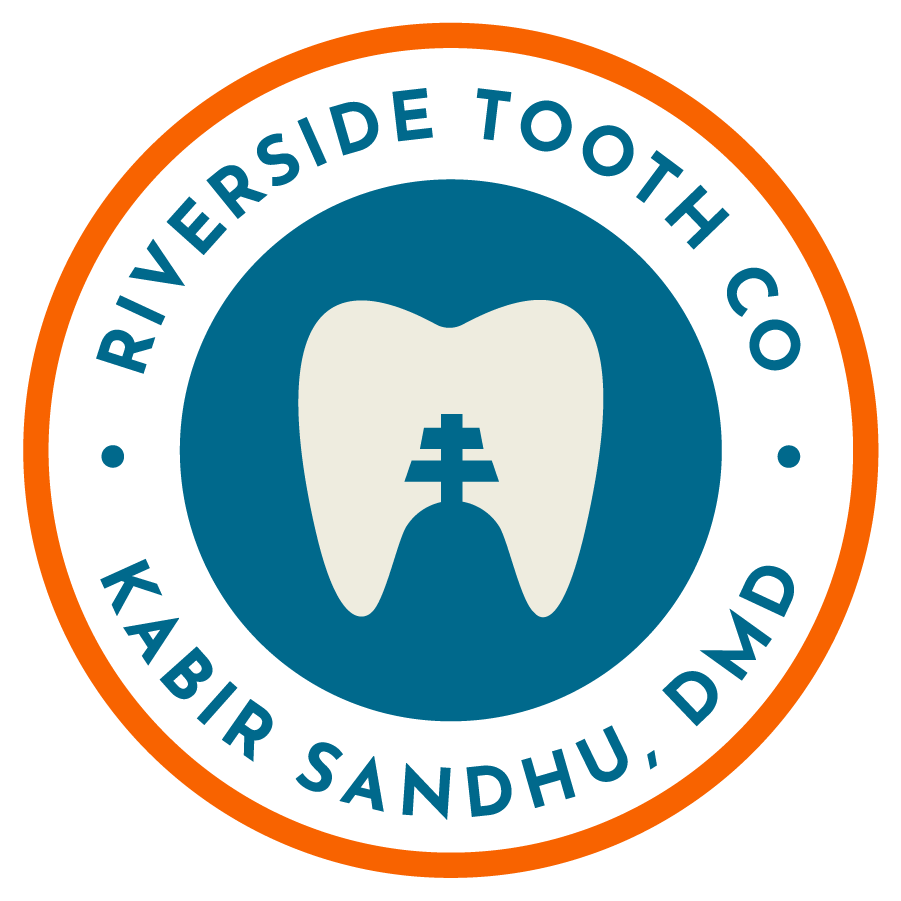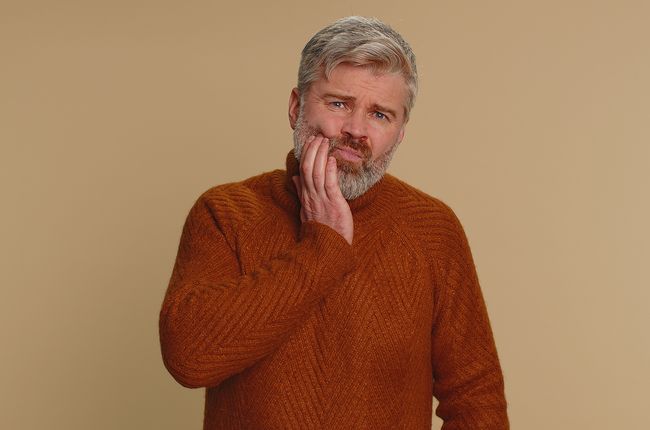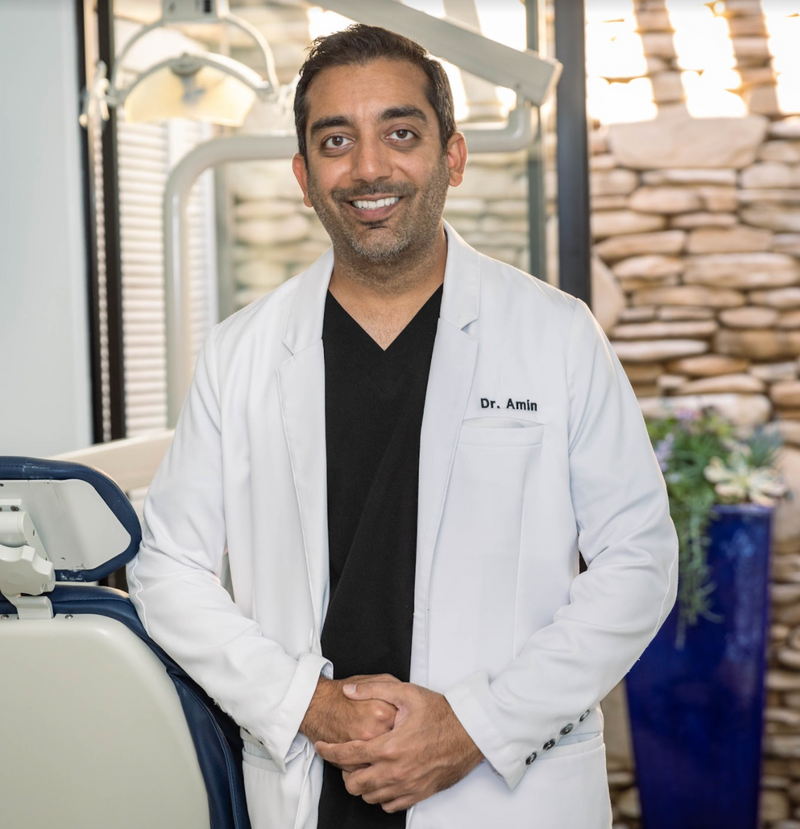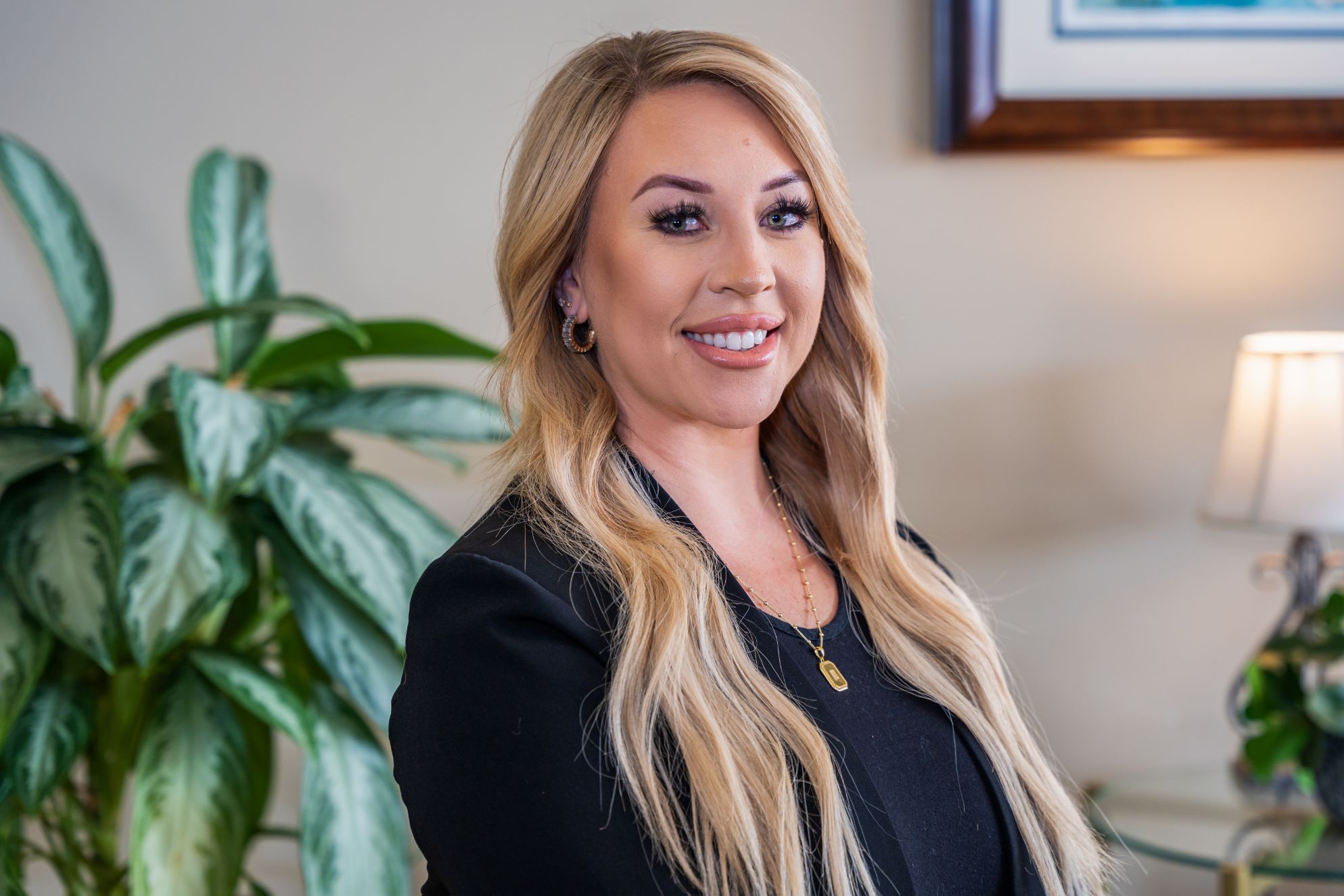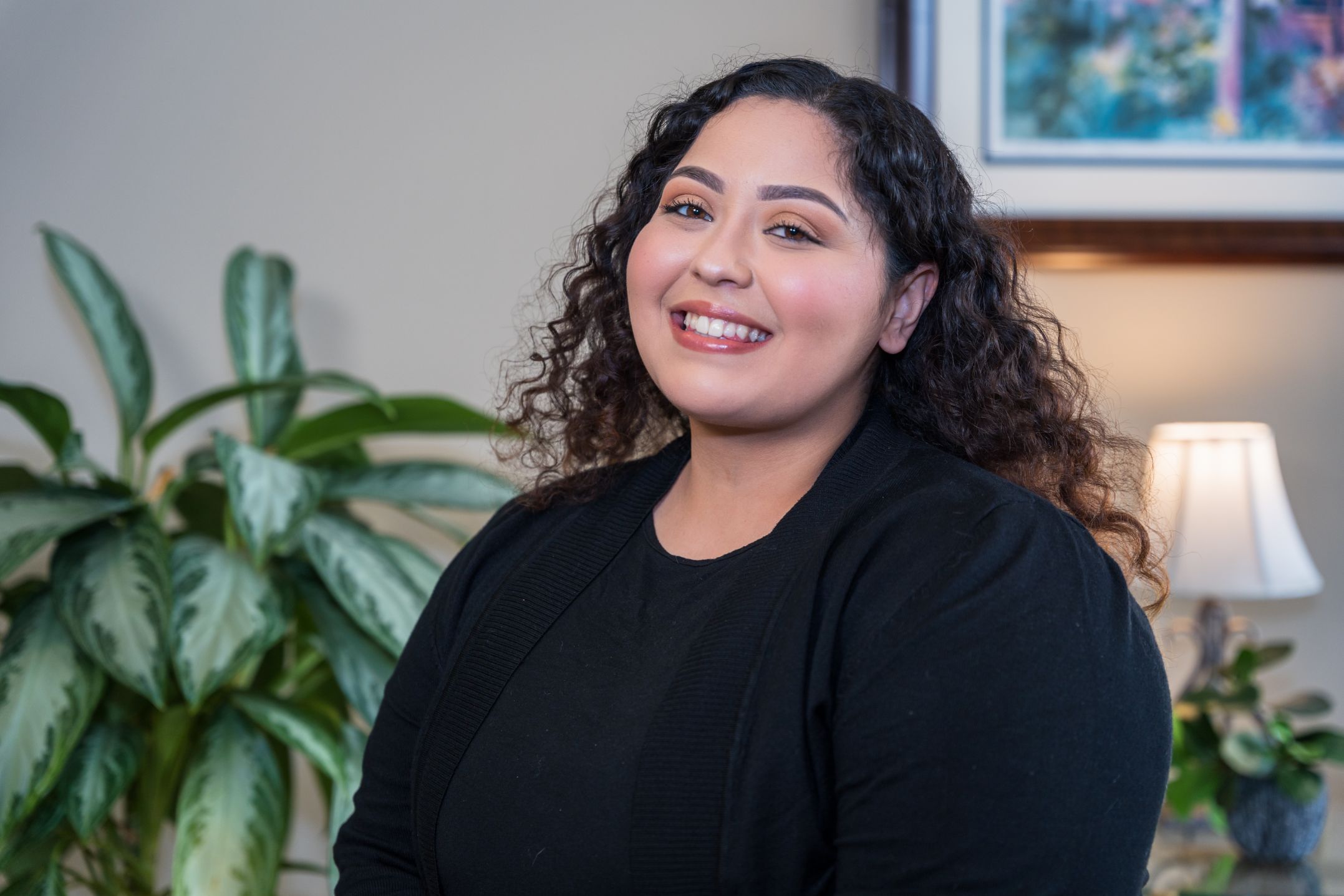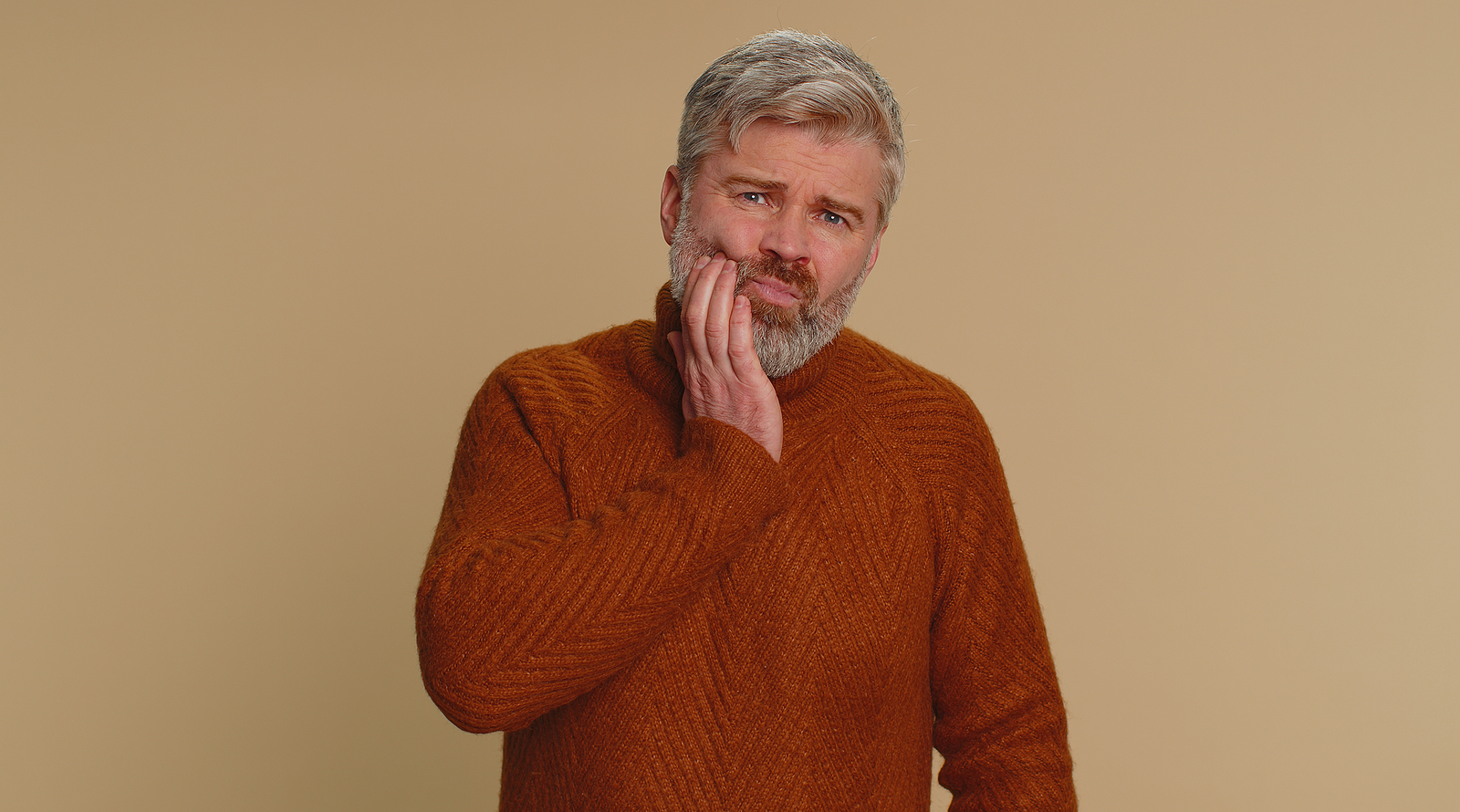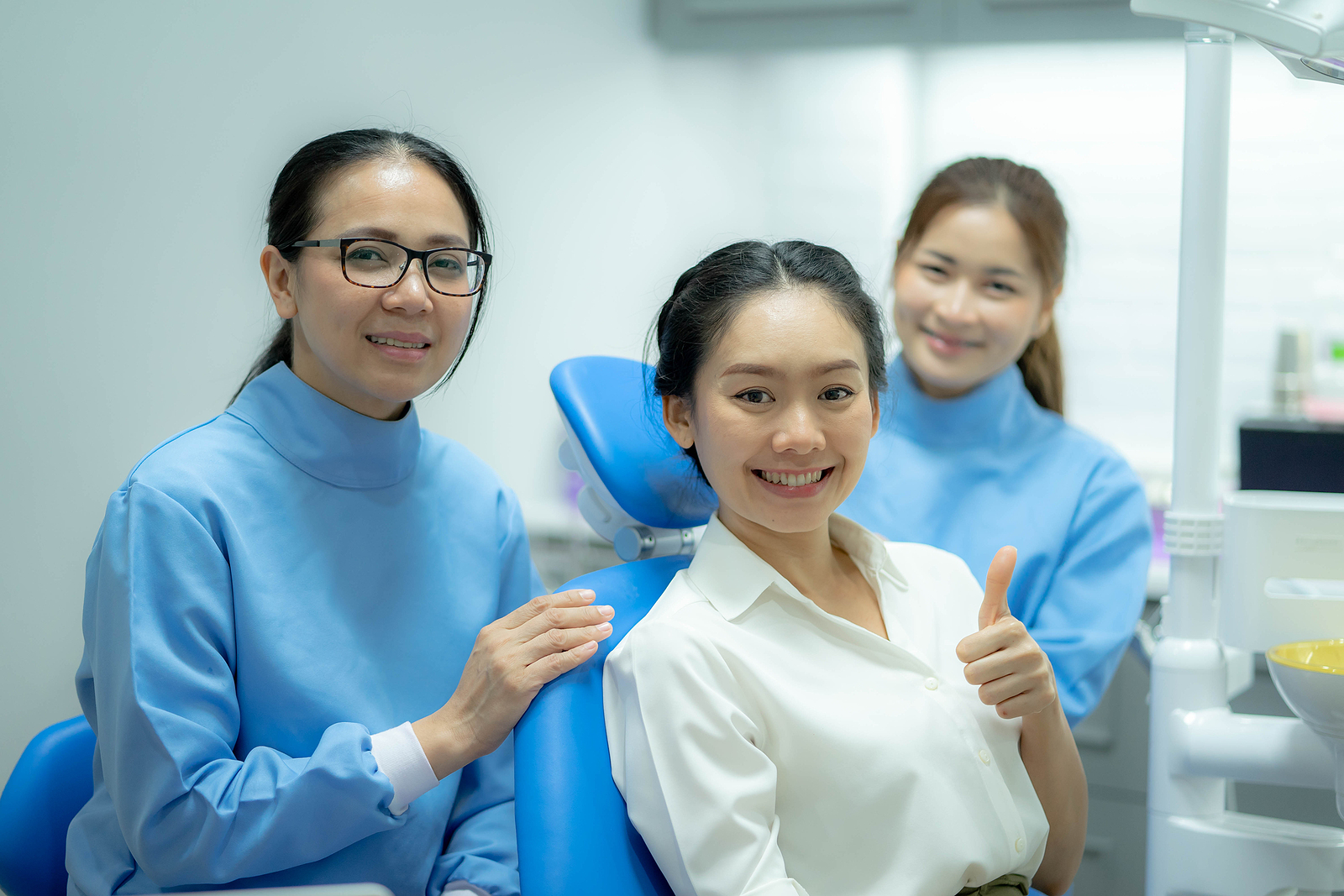Are you missing a tooth or two? Don't worry; you're not alone. Many people experience the loss of teeth due to various reasons such as accidents, decay, or aging. While it may be tempting to ignore the gap in your smile and carry on with life, there are actually several important reasons why you should consider replacing those missing teeth. In this blog post, we'll explore these reasons in detail and provide you with valuable information on how to go about replacing your missing teeth. So let's dive in and discover why restoring that complete smile is more than just a cosmetic concern!
Reasons to Replace Missing Teeth
1. Restore Proper Functionality:
One of the key reasons to replace missing teeth is to restore proper functionality to your mouth. Each tooth plays a crucial role in chewing and biting food, so when a tooth is absent, it can make eating certain foods difficult or uncomfortable. By replacing the missing teeth with dental implants, bridges, or dentures, you can regain the ability to chew properly and enjoy your favorite meals without any restrictions.
2. Preserve Jawbone Health:
Did you know that when a tooth is lost, the surrounding jawbone may start to deteriorate over time? This happens because there is no longer stimulation from the root of the tooth, causing bone loss in that area. By replacing missing teeth with implants or other restorative options like bridges or dentures supported by implants, you can help preserve jawbone health and prevent further bone resorption.
3. Maintain Oral Health:
When a gap exists between two teeth due to a missing tooth, it creates an open space where bacteria can accumulate more easily. This increases the risk of developing gum disease and cavities in adjacent teeth as well. By filling these spaces with artificial replacements like dental implants or bridges, you create a barrier against harmful bacteria and maintain better oral hygiene overall.
4. Improve Confidence and Self-Esteem:
Missing teeth can have a significant impact on one's self-confidence and self-esteem. It may cause individuals to feel self-conscious about their smile or hesitate while speaking in public settings. Replacing those gaps with natural-looking prosthetics not only improves aesthetics but also boosts confidence levels significantly.
5. Enhance Facial Appearance:
Believe it or not, missing teeth can actually affect your facial appearance as well! When multiple teeth are lost over time or neglected without replacement for long periods, it could lead to sagging skin around the mouth area, resulting in premature aging.
Additionally, the remaining adjacent teeth may shift towards each other, resulting in misalignment and altering the overall facial structure. By replacing missing teeth, you can help maintain
How to Replace Missing Teeth
When it comes to replacing missing teeth, there are several options available. The best solution for you will depend on various factors, such as your oral health, budget, and personal preferences.
One common method is getting dental implants. These are titanium posts that are surgically implanted into the jawbone, serving as a sturdy foundation for replacement teeth. Dental implants look and feel like natural teeth and can last a lifetime with proper care.
Another option is getting a dental bridge. This involves placing an artificial tooth between two crowns that are attached to the adjacent teeth. Bridges can be removable or fixed, depending on your needs.
Dentures are also a popular choice for replacing missing teeth. These removable appliances consist of artificial teeth attached to a gum-colored base. Dentures can restore your ability to bite and chew properly while improving your smile's appearance.
If you're only missing one tooth, you may consider using a dental flipper or partial denture. These temporary solutions provide aesthetic benefits until a more permanent restoration can be done.
The decision on how to replace missing teeth should be made in consultation with your dentist or prosthodontist. They will evaluate your specific circumstances and recommend the most suitable option for you.
Remember that replacing missing teeth goes beyond just aesthetics – it is crucial for maintaining overall oral health and functionality. So don't delay seeking treatment if you have gaps in your smile!
Conclusion
In this article, we have explored the various reasons why replacing missing teeth is important for your oral health and overall well-being. We discussed how missing teeth can affect your appearance, self-confidence, and ability to chew properly. We also looked at the potential long-term consequences of not addressing tooth loss.
We then delved into different options for replacing missing teeth, including dental implants, bridges, and dentures. Each option has its own advantages and considerations, so it's essential to consult with a dentist who can help you determine the best solution for your specific needs.
Remember that taking care of your oral health goes beyond just brushing and flossing regularly. Addressing tooth loss promptly is crucial in maintaining proper dental function and preventing further complications down the line.
If you are dealing with one or more missing teeth, don't delay seeking treatment. Schedule an appointment with our trusted dentist to explore your options today. Your smile will thank you!
More Blog Posts
Contact Us
6886 Indiana Ave Suite B,
Riverside, CA, CA, 92506
Email: info@riversidetoothco.com
Phone: (951) 686-2565
Working Hours
MON8:00 am - 5:00 pm
TUE - THU9:00 am - 6:00 pm
FRI7:00 am - 12:00 pm
SAT - SUNClosed
